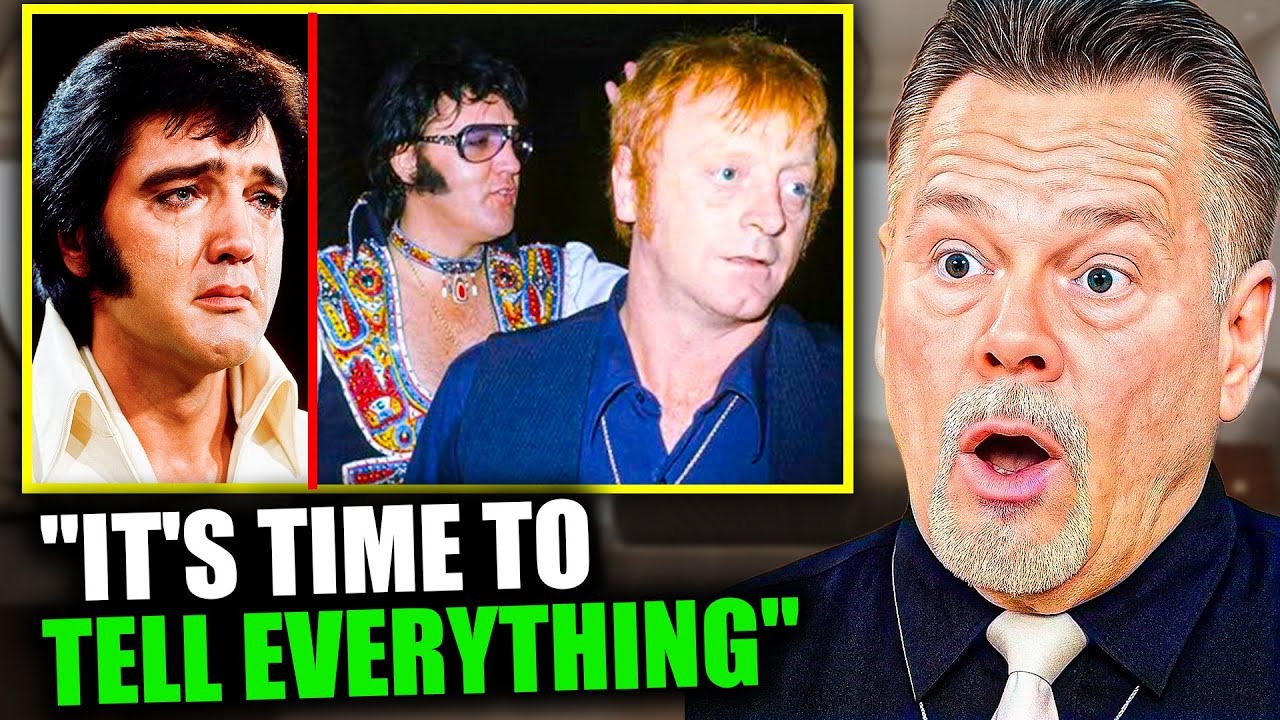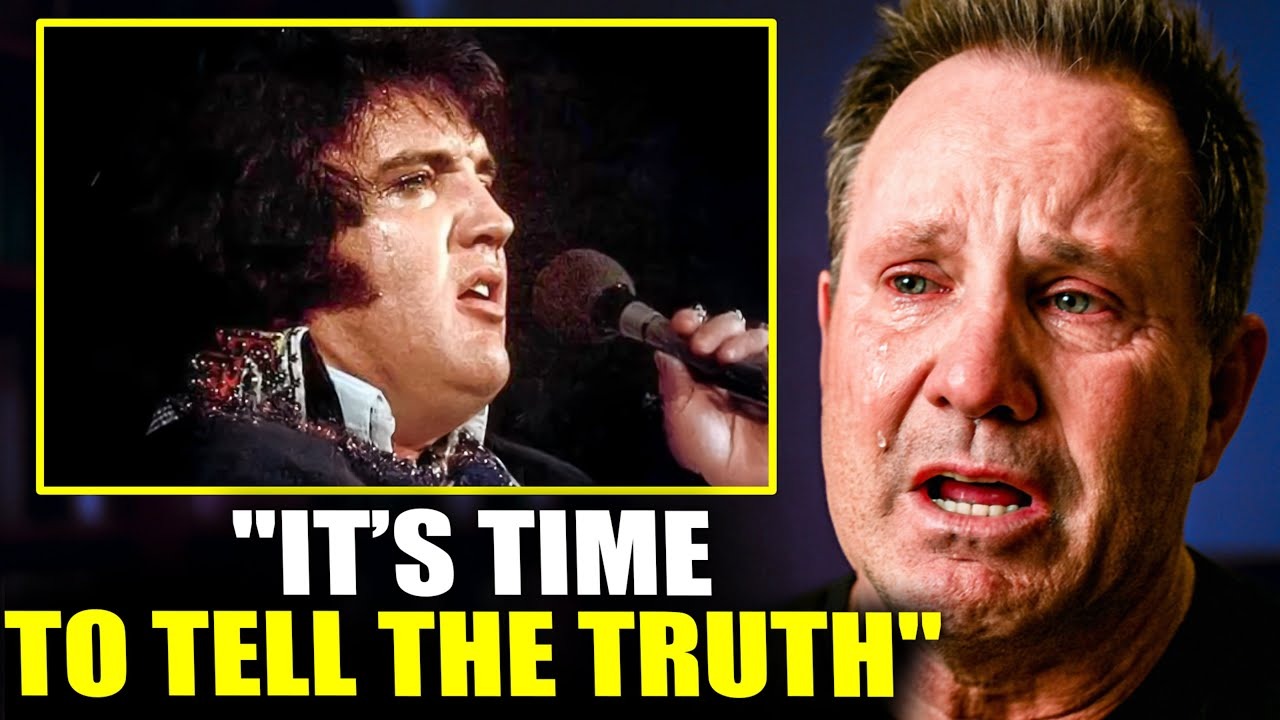# Sonny West’s Final Plea: The Truth About Elvis Presley

Before his passing in 2017, Sonny West, a key member of Elvis Presley’s “Memphis Mafia” and one of his closest bodyguards for 16 years, broke his long-held silence with a heartfelt plea: “Before I die, please listen.”
His revelation wasn’t driven by scandal or profit but by a deep sense of loyalty, love, and regret. Having witnessed Elvis’s triumphs and hidden struggles, Sonny shared a raw, honest account of the King’s private battles, aiming to reveal the man behind the myth and the tragic reality of trying—and failing—to save him.
Sonny first met Elvis in the mid-1950s in Memphis, forging a bond rooted in trust and loyalty. As part of the Memphis Mafia, he lived through the whirlwind of Elvis’s fame, from laughter-filled road trips to acts of generosity, like Elvis gifting cars or a wheelchair for Sonny’s mother. These moments showcased Elvis’s caring nature, deepening their brotherhood.
However, the golden days darkened over time. Sonny traced the start of Elvis’s struggles to his army stint in Germany (1958-1960), where he was introduced to prescription pills—amphetamines to stay awake and sedatives to sleep. Initially harmless, this became a dangerous cycle, exacerbated by the demands of fame, grueling Las Vegas residencies, and exhausting tours in the late 1960s and early 1970s.

By the mid-1970s, the problem escalated beyond control. Sonny and others in the inner circle fought desperately to protect Elvis, swapping out pills and confronting dealers, but often faced resistance from the King himself.
The loneliness consuming Elvis was palpable; even amidst crowds, he seemed isolated. In 1976, Sonny, along with Red West and Dave Hebler, was dismissed from Elvis’s team, officially for cost-cutting, though tensions over their vocal concerns about his drug use likely played a role. Elvis’s calm reaction reflected their deep history, but the separation left Sonny adrift and regretful.
Desperate to intervene, Sonny, Red, and Dave co-authored *Elvis: What Happened?*, released in July 1977, hoping to shock Elvis into seeking help.

Despite refusing hush money and insisting their intent was to save him, the book sparked a media storm, branding them as traitors. Elvis felt betrayed, withdrawing further, and tragically passed away just two weeks later on August 16, 1977, at 42, from heart failure linked to prescription drug abuse. For Sonny, the mission failed devastatingly, leaving him burdened with public scorn and personal sorrow.
In his final years, Sonny reflected on the enabling culture around Elvis, admitting, “We all should have done more,” while emphasizing personal responsibility. His plea was for people to learn from Elvis’s story, to remember the laughter, music, and kindness—not just the myth. Sonny’s account reveals the human cost of fame, the dangers of dependency, and the pain of losing a friend he fought so hard to save.

